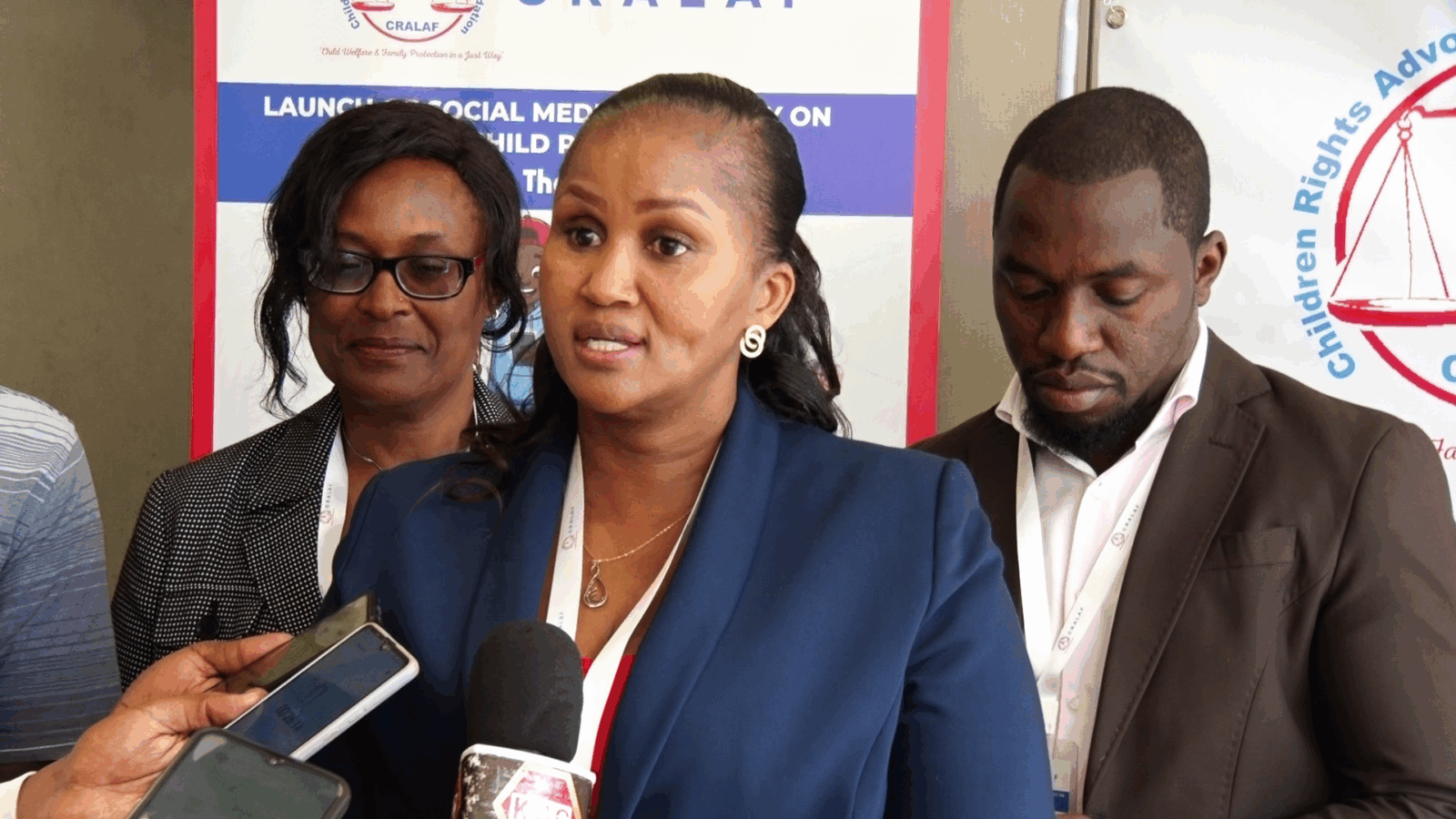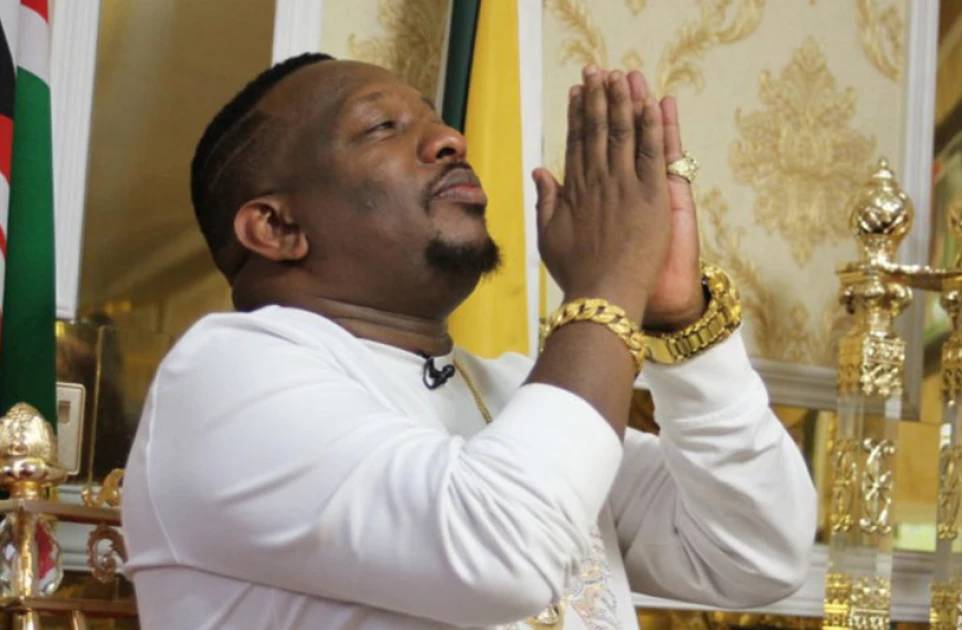As the world commemorates World Children’s Day today November 20th , a grim reality hangs over Kenya’s digital space: nearly three-quarters of the country’s children are navigating the internet without the knowledge to stay safe.
With the digital curriculum now entrenched in schools, millions of minors are going online daily. However, data released today during the reveals that while access has skyrocketed, safety measures have lagged behind, leaving a generation vulnerable to sexual exploitation, cyberbullying, and identity theft.
According to new statistics released during the official launch of a Social Media Advocacy on Online Child Protection , children now make up 40% of the total Kenyan population, translating to approximately 24 million minors in 2025.
Ratemo added that the digital penetration among this demographic is staggering. 70% of Kenyan children are active internet users, juggling an average of at least three social media platforms simultaneously.
However, the alarming statistic driving today’s agenda is that over 72% of these children lack the correct knowledge on the safe use of online spaces.
“With the introduction of internet usage to children in schools through the curriculum, more children are exposed online than ever before,” a Ratemo noted. “But without guidance, they are walking into a minefield.”
Globally, the situation is dire, with over 302 million children experiencing online abuse annually. In Kenya, the threats range from sexual predators and pornography to “catfishing,” solicitation, and online fraud.
To bridge this gap, the Children Rights Advocacy and Legal Aid Foundation (CLARAF) has today launched the Social Media Advocacy on Online Child Protection.
The initiative aims to shield minors from the specific harms of the digital age, including phishing, internet addiction, and the growing menace of deepfakes.
The launch coincides with World Children’s Day, serving as a reminder that child rights now extend into the virtual world.
The launch event in Nairobi brought together a high-level consortium of stakeholders, including the State Department of Children Services, the Communications Authority of Kenya (CA), the National Council on Administration of Justice (NCAJ), the National Council for Children’s Services (NCCS), the Bloggers Association of Kenya (BAKE), and Terre des Hommes Netherlands.
A key focus of the CLARAF seminar was the role of the media not just traditional broadcasters, but the new wave of content creators.
With the revised Code of Conduct for Media Practice 2025, the Media Council of Kenya (MCK) has expanded its scope. The strict guidelines regarding the reporting of children now apply equally to bloggers, influencers, and online content creators, explicitly prohibiting the use of AI to manipulate images of children.
Stakeholders were reminded of the “Golden Rule” of reporting on minors: The Best Interest of the Child.
The MCK guidelines reiterated during the training include:
Absolute Anonymity: Victims, witnesses, or accused minors in sexual offense cases must never be identified. Their faces must be blurred, and names withheld.
The “Public Interest” Threshold: Even when exposing abuse is in the public interest, the child’s dignity must be preserved.
School Sanctuaries: Journalists and content creators are prohibited from entering schools to interview or photograph children without express permission from school authorities to prevent disruption of education.
Digital Ethics: The 2025 Code specifically bans the use of AI and deepfakes that could harm a child’s reputation or safety.
“The narrative that online spaces are unregulated is over,” the stakeholders affirmed. “Whether you are a mainstream editor or a TikTok creator, if your content involves a child, their safety comes first.”
ALSO READ: Trump orders full release of Esptein files in landmark transparency move












